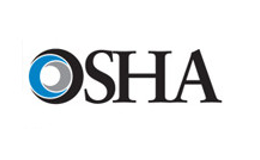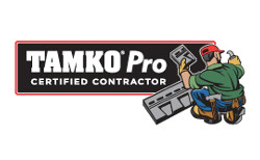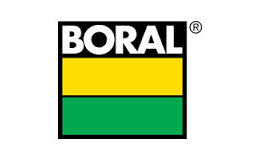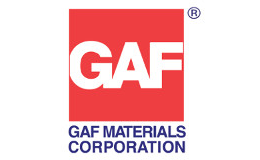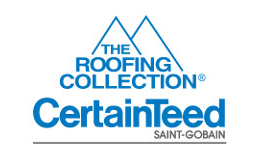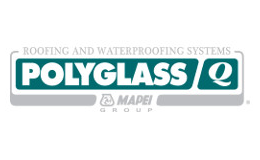Commercial EPDM Flat Roofs
EPDM stands for Ethylene Propylene Diene Monomer. It is a synthetic rubber derived from oil and
natural gas (ethylene propylene).
EPDM roofing is commercial roofing material that has been used for over 40 years on low-slope roofs and is
used by many companies that offer commercial roofing services. EPDM is a durable rubber membrane that
protects flat or low-slope commercial buildings from water, wind, sun and other elements. EPDM is tough to be
one of the best commercial roof applications available.
BENEFITS OF EPDM
The true test of any product is whether it actually performs in a live environment. EPDM roofing has shown that it
can handle the elements as promised and newer improvements have been made to ensure that it will only
become more reliable. Commercial builders choose EPDM for a variety of reasons:
Wind resistance.
EPDM can resist wind damage and uplift. EPDM roofs can be rated to resist high winds, anywhere from 60 to 120
MPH.
Heat resistance.
These rubber roof coatings are both heat and fire resistant making them perfect for the hot, St.Louis weather.
UV radiation resistance.
EPDM is resistant to ultraviolet radiation.
Weather elements.
Hail, wind, rain, and snow are all handled well by this high endurance rubber membrane.
One of the main benefits of having A EPDM roof is that there is no needed maintenance on these roofs.
TYPES OF EPDM
EPDM roofing comes in two main types, white and black. In warmer climates, white is the most commonly used
due to its energy-saving capabilities. White EPDM has a reflective, environmentally friendly surface that
enhances the membranes ability to reflect UV rays. cooler climates, the black EPDM is preferred, attracting heat
and reducing heating costs.
EPDM INSTALLATION
There are three main ways to install EPDM roofing: Ballasted, mechanically attached and fully adhered systems.
Mechanically attached system.
The most economical installation method is using the mechanically attached system. This method is lightweight
and works well in areas without high winds.
Fully adhered systems.
Fully adhered systems are becoming the preferred type of EPDM system due to the longevity and advances in the
application. The membrane is bonded to the insulation and attached in large panels.
EPDM panel seams are sealed with either a liquid adhesive or specially formulated factory applied tape. The tape
has made seaming easier, less labor-intensive and creates stronger seams than in the past.
Contact an Altmann Roofing and Construction professional to find out more about EPDM roofing and whether or not it can work
for your project.



